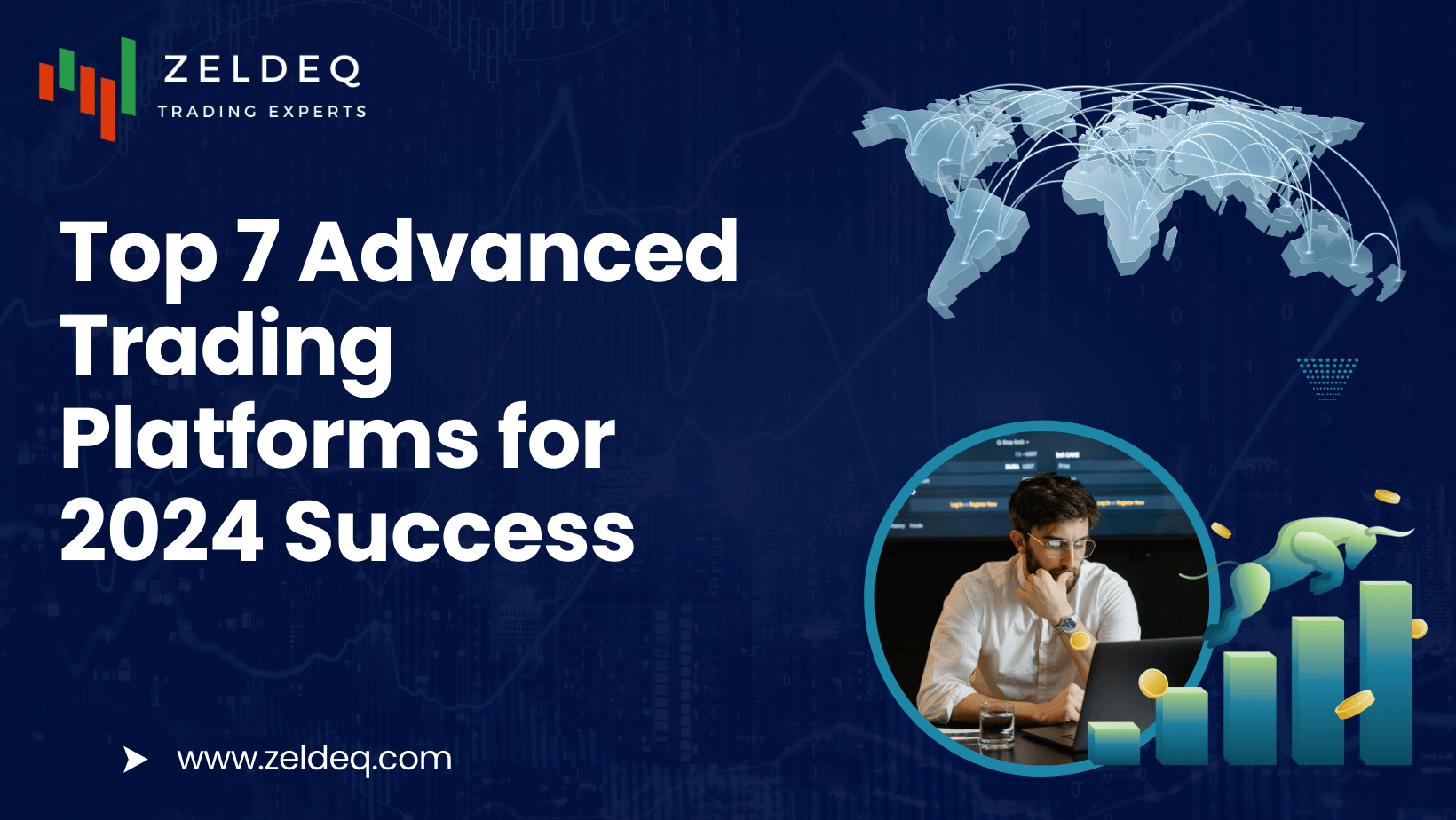Table of Contents
- Introduction to Commodity Trading
- Criteria for Choosing a Trading Platform
- 1. eToro
- 2. TD Ameritrade
- 3. Interactive Brokers
- 4. TradeStation
- 5. Plus500
- Conclusion
- FAQs
Introduction to Commodity Trading
Commodity trading has gained significant traction in recent years, and with the changing economic landscape, 2024 is poised to be a pivotal year for traders. Commodities are essential goods that can be bought and sold, including everything from natural resources like oil and gold to agricultural products like wheat and coffee.
As the demand for these goods fluctuates, traders seek platforms that provide them with the tools to capitalize on these changes.
For those interested in the broader financial landscape, you can check out our article on Understanding How Trading Works: A Beginner’s Guide.
Choosing the right trading platform is crucial to your success as a commodity trader. In this article, we’ll explore the top five commodity trading platforms that can help you thrive in 2024.
Criteria for Choosing a Trading Platform
Before diving into our top picks, it’s essential to understand the criteria that make a trading platform suitable for commodity trading. Here are some key factors to consider:
- User Interface: A clean, intuitive design can enhance your trading experience.
- Fees and Commissions: Low trading fees can significantly impact your profitability.
- Accessibility: Platforms should be accessible on various devices, including smartphones and tablets.
- Research Tools: Comprehensive tools and resources are crucial for informed decision-making.
- Customer Support: 24/7 support can be a lifesaver when you encounter issues.
Choosing a trading platform is not just about convenience; it’s about finding the right fit for your trading style and goals.
1. eToro
eToro has made a name for itself as a leading social trading platform. With its user-friendly interface and unique social trading features, eToro allows traders to copy the strategies of experienced investors, making it ideal for beginners.
Key Features:
- Social Trading: Follow and replicate the trades of successful investors.
- Zero Commissions: Enjoy commission-free trading on commodities and other assets.
- User-Friendly Interface: Perfect for novice traders who need a straightforward platform.
Pros and Cons:
| Pros | Cons |
|---|---|
| Innovative social trading features | Limited asset variety |
| Commission-free trading | Withdrawal fees may apply |
| Great for beginners | Less advanced charting tools |
2. TD Ameritrade
TD Ameritrade is a powerhouse in the trading world, offering extensive resources for both novice and experienced traders. Its robust trading platform, thinkorswim, provides advanced charting and research tools.
Key Features:
- thinkorswim Platform: Advanced charting, technical analysis, and market research.
- Educational Resources: Extensive library of articles, videos, and webinars for traders.
- No Commission on Trades: Competitive pricing structure.
Pros and Cons:
| Pros | Cons |
|---|---|
| Comprehensive educational resources | Limited international access |
| Advanced trading tools | Higher minimum deposit for some accounts |
TD Ameritrade excels in providing educational resources, making it a go-to choice for traders looking to enhance their knowledge.
3. Interactive Brokers
Interactive Brokers is renowned for its low-cost trading and access to a wide range of global markets. This platform is especially well-suited for professional traders or those with more experience.
Key Features:
- Low Trading Fees: Competitive commission structure tailored for active traders.
- Global Market Access: Trade commodities across various international markets.
- Advanced Trading Tools: High-level analytics and research capabilities.
Pros and Cons:
| Pros | Cons |
|---|---|
| Extensive market access | Complex interface for beginners |
| Low fees for high volume traders | Inactivity fees apply |
Interactive Brokers is often favored by seasoned traders due to its comprehensive tools and low-cost structure.
4. TradeStation
TradeStation is a platform designed for active traders and offers a suite of advanced trading tools. With its robust charting capabilities and extensive market data, it’s a favorite among serious traders.
Key Features:
- Powerful Charting Tools: Analyze market trends and patterns effectively.
- Customizable Trading Strategies: Build and test your trading strategies.
- No Minimum Deposit: Accessible for traders of all levels.
Pros and Cons:
| Pros | Cons |
|---|---|
| Excellent for active traders | Can be overwhelming for novices |
| Advanced backtesting features | Higher fees for less active trading |
TradeStation empowers traders with the ability to customize their trading experience, making it ideal for those who want to take control.
5. Plus500
Plus500 is a popular trading platform that focuses on Contracts for Difference (CFDs). It’s user-friendly and allows traders to speculate on commodity price movements without owning the underlying asset.
Key Features:
- User-Friendly Interface: Simple design makes it easy to navigate.
- Risk Management Tools: Offers features like stop-loss orders to manage risk.
- Demo Account Available: Practice trading without financial risk.
Pros and Cons:
| Pros | Cons |
|---|---|
| Easy to use | Limited educational resources |
| Access to a wide variety of commodities | CFD trading may not suit all traders |
Plus500 is well-suited for those who want a straightforward trading experience without the complexities of owning physical commodities.
Conclusion
Choosing the right commodity trading platform can set the stage for a successful trading year in 2024. Each of the platforms mentioned above has unique features and strengths, catering to various types of traders.
Whether you’re a beginner looking for a user-friendly interface or an experienced trader seeking advanced tools, there’s a platform that suits your needs.
Before you dive in, take advantage of demo accounts where available, and always do your due diligence to ensure the platform aligns with your trading strategy. If you’re interested in understanding more about trading strategies, consider reading our article on 10 Proven Stock Trading Strategies for 2024 Success.
FAQs
What are commodities?
Commodities are basic goods used in commerce that are interchangeable with other goods of the same type. Examples include oil, gold, and agricultural products.
Understanding the nature of commodities is vital before engaging in trading, as it shapes your approach to the market.
How do I start trading commodities?
To start trading commodities, choose a trading platform, create an account, deposit funds, and begin trading. It’s recommended to educate yourself about the market and trading strategies first. For more information, visit our guide on Essential Trading Terminology Every Trader Should Know.
Are trading commodities risky?
Yes, commodity trading can be risky due to market volatility. It’s essential to have a risk management strategy in place to protect your investments. Explore our article on Essential Strategies for Effective Risk Management in Trading for more insights.
Embracing risk management can significantly enhance your trading experience and safeguard your investments in volatile markets.
Can I trade commodities on my mobile device?
Most modern trading platforms, including those mentioned in this article, offer mobile applications for trading on the go.
Where can I find more information on commodity trading?
For more in-depth information, you can visit the CFTC or the Investopedia website. Additionally, you can check out our article on Top 5 Essential Brokers for New Traders 2024 for broker recommendations.
By understanding the key features and evaluating your own trading needs, you can choose the platform that will help you achieve success in the commodity markets this year. Happy trading!


